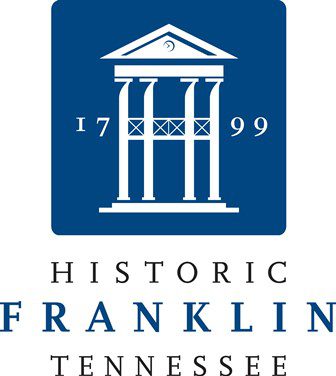BBB Warns Consumers About Scam Calls from Fake Banks and Loan Companies
Franklin, Tennessee — Better Business Bureau (BBB) is warning consumers to be cautious of phishing scams involving fake banks and loan processing companies. These calls often come from individuals posing as representatives from legitimate financial institutions, claiming to need personal information to finalize a loan or verify account details.
In many cases, victims report receiving multiple calls per day from different numbers, with nearly identical voicemail messages. The callers claim they’ve been trying to reach you about your loan application or offer a low-interest loan that needs “final approval.” They often provide a callback number and an application ID to appear more convincing.
The goal? To trick you into sharing sensitive information like your Social Security number, bank account details, or income information, which can then be used for identity theft or fraudulent financial activity.
How the Scam Works
Scammers use spoofed numbers and professional-sounding scripts to appear legitimate. They may mention a “loan application,” “account verification,” or “payment processing” issue that needs immediate attention. While the message sounds urgent, it’s all designed to pressure you into responding quickly without verifying the source.
Once engaged, the scammer may ask for personal or financial information or direct you to a fraudulent website that looks like a real banking portal.
Tips to Avoid Loan and Banking Phishing Scams
-
Verify before you respond: If you receive an unexpected call about a loan or banking issue, hang up and contact your financial institution directly using verified contact information from their website or official documents.
-
Don’t share personal details: Never provide your Social Security number, bank information, or other sensitive data over the phone unless you initiated the call.
-
Be skeptical of urgency: Scammers rely on pressure tactics. Real banks and lenders will not demand immediate action or threaten consequences.
-
Avoid calling back unknown numbers: Returning a suspicious call can connect you directly to scammers or result in unexpected fees.
-
Check for scam reports: Search for the phone number or company name online before engaging.
-
Report it: If you’ve been contacted by a possible scammer, report the incident to BBB.org/ScamTracker to help protect others.
Stay Alert and Informed
“Scammers often use the names of legitimate-sounding institutions to gain your trust,” said Robyn Householder, President & CEO of BBB serving Middle Tennessee and Southern Kentucky. “Before you share personal information or return a suspicious call, take a moment to verify. It could save you from financial loss or identity theft.”
Remember — if something seems too good to be true, it probably is.
If you believe you’ve been targeted by an emergency scam, report it immediately to local law enforcement, the FTC at ReportFraud.ftc.gov, and BBB’s Scam Tracker at BBB.org/ScamTracker.
Better Business Bureau of Middle Tennessee and Southern Kentucky
25 Century Blvd Suite 101
Nashville, TN 37214
Https://www.bbb.org/local-bbb/
…



